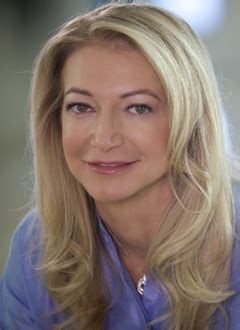A Quote by Joan Didion
Writing nonfiction is more like sculpture, a matter of shaping the research into the finished thing.
Related Quotes
Discovery still happens in the writing. You start in nonfiction with a whole lot more going for you, because all the discovery isn't waiting to be made. You've made some of it in the research. As you get deeper into a piece and do more research, the notes are in the direction of the piece - you're actually writing it.
The thing I always tell my writing students - I'm not a full-time instructor, by any means, but periodically I've taught writing students - what I always tell them is that the most important thing in narrative nonfiction is that you not only have to have all the research; you have to have about 100% more than you need.
Before I started working on a computer, writing a piece would be like making something up every day, taking the material and never quite knowing where you were going to go next with the material. With a computer it was less like painting and more like sculpture, where you start with a block of something and then start shaping it.
I discovered that I, a writer of what is known as creative nonfiction, could do the research and bridge the gap in my books and lectures through true storytelling. This is not 'dumbing down' or writing for eighth graders. It is writing for readers across cultures, age barriers, social and political landscapes.
When you're researching things that have happened, the clear narrative arc is not there already. This is the problem of writing nonfiction for me - writing nonfiction which is about serious subjects and has serious political and social points to make, yet which is meant to be popular to a degree - what happens when the facts don't fit a convenient narrative arc? I guess that for a lot of nonfiction writers that is a central challenge.
I used to think that when I finished a book, I was finished with it. But it's like a wonderful Hydra. Every time a head disappears, more heads appear, so I will be writing for the rest of my life. The more books I write, the more books I find that I still have to write about. I use it like an inspiration, and that's wonderful.































